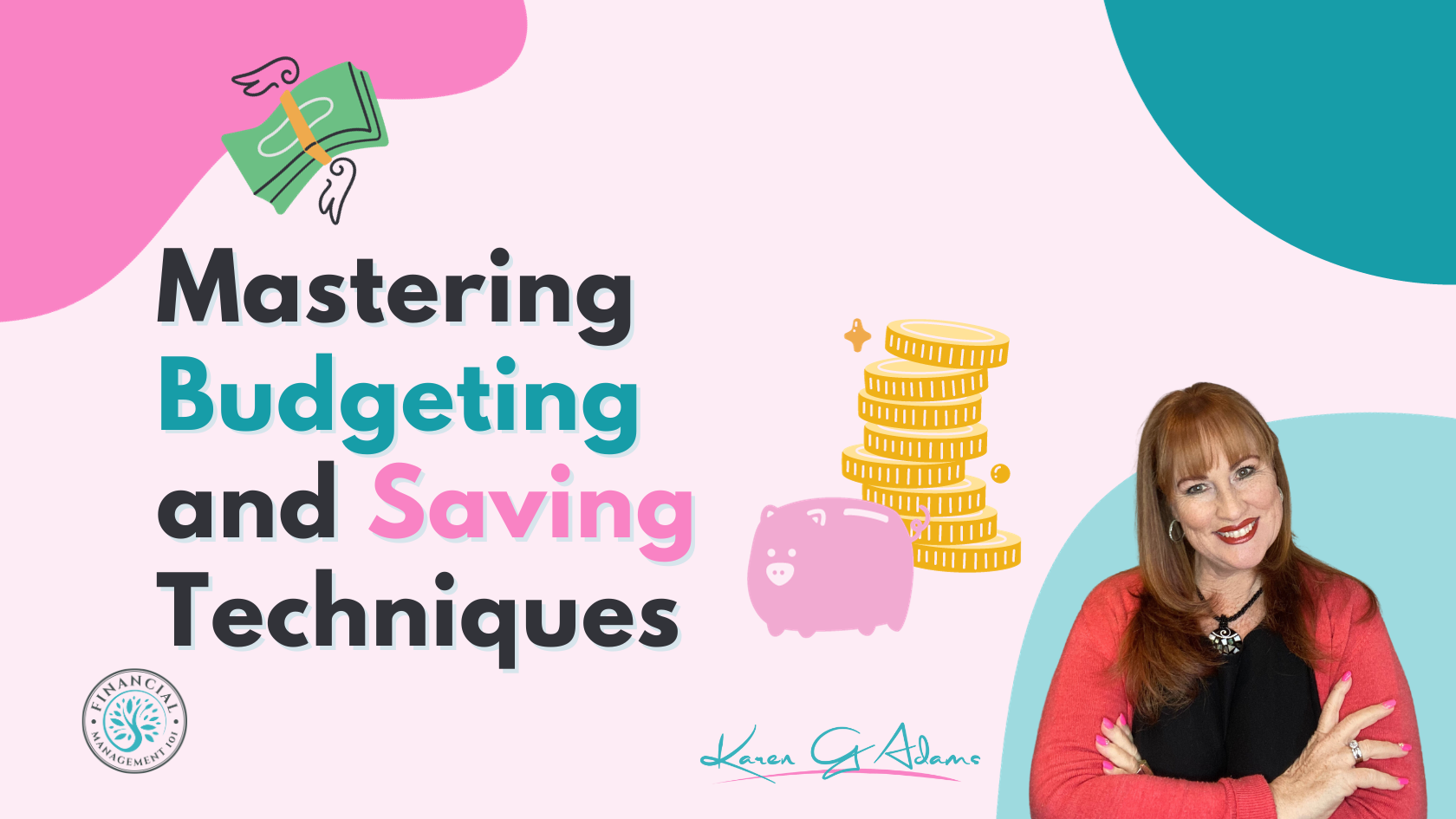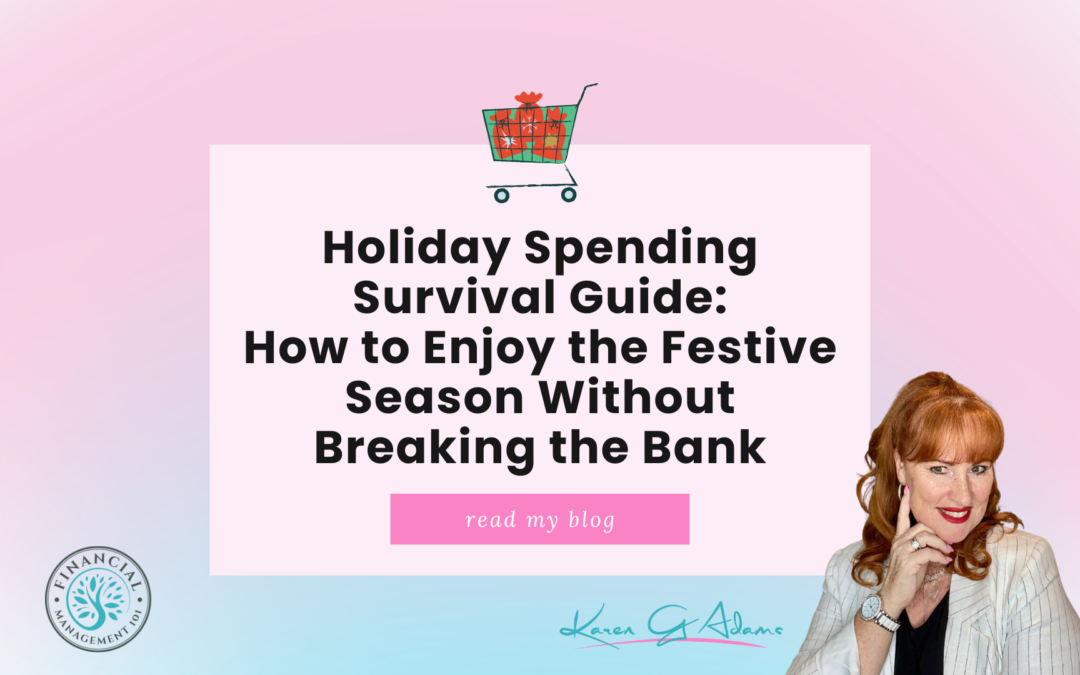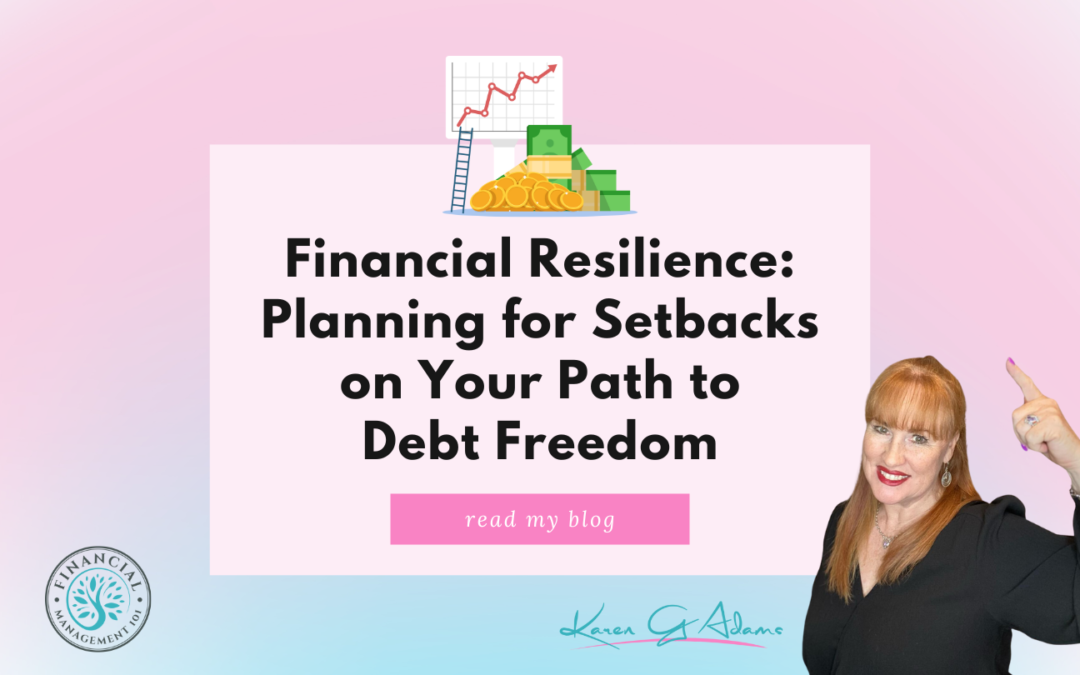
Top 5 Money Habits to Start Now for a Prosperous New Year
As we look toward the new year, it’s the perfect time to set ourselves up for financial success. Building smart money habits now can lead to big rewards down the road. Here are five simple yet powerful habits you can start today to help you achieve a prosperous 2025.
1. Automate Your Savings
One of the easiest ways to build savings consistently is through automation. By setting up automatic transfers to your savings account each payday, you’re making saving effortless. Start with a small percentage, even if it’s just 5-10% of your income, and increase it gradually over time.
Automating your savings does two things: it keeps you consistent, and it makes saving painless since you won’t even have to think about it. Over time, these regular contributions add up, helping you build a strong financial cushion.
2. Track Your Spending to Spot Leaks
Most of us have small spending habits that quietly add up, whether it’s daily coffees, app subscriptions, or impulse buys. Take a few minutes to review your spending patterns over the past month and identify any recurring purchases that might be eating into your budget.
Use a simple app or spreadsheet to track your spending daily. This habit helps you become more mindful about where your money goes, making it easier to spot areas for improvement. By eliminating or reducing unnecessary expenses, you can redirect those funds toward more important goals, like saving or debt reduction.

Reviewing your spending allows you to see if you’re nearing or exceeding your budget, enabling you to adjust future purchases and transactions.
3. Set Clear and Realistic Financial Goals
Setting goals gives you something to work toward and helps keep you motivated. But goals need to be both realistic and specific. Instead of saying, “I want to save more,” try “I want to save $5,000 by the end of next year.” Breaking down a large goal into monthly or weekly targets can make it more achievable.
Take a few minutes to write down one or two financial goals for 2025. Think about what matters most to you, whether it’s paying off debt, saving for a vacation, or building an emergency fund. The clearer your goals are, the easier it will be to stay focused and committed.
4. Pay Yourself First
This habit goes hand-in-hand with automating your savings. The concept of “paying yourself first” means treating your savings like any other essential bill, making it a non-negotiable part of your budget. Rather than saving what’s left at the end of the month, prioritize your savings at the start.
Set a specific amount to save each month, and make sure it’s the first transaction after your paycheck arrives. This approach not only ensures that you’re saving consistently but also helps build a mindset where saving is a priority, not an afterthought.
5. Practice a Monthly Financial Review
A monthly financial review can be incredibly empowering. This doesn’t have to be a long or complicated process—it’s simply a quick check-in on your finances to see how you’re progressing. Use this time to:
- Review your spending.
- Assess your savings progress.
- Identify any upcoming expenses or adjustments needed.
By doing a regular financial review, you’ll catch any issues before they become problems and stay motivated as you watch your progress. It’s a habit that creates accountability and gives you the opportunity to celebrate small wins along the way.

FINAL THOUGHTS
Building these five habits doesn’t require a lot of time or drastic lifestyle changes, but the impact can be significant. Start now, and you’ll be amazed at how much progress you can make by the end of next year. Here’s to stepping into the new year with smart money habits and a renewed commitment to financial health!
Join the program Mastering Budgeting and Saving Techniques and learn how to budget, track and look at managing your money like a pro.


























